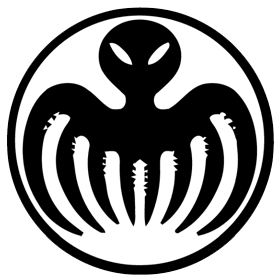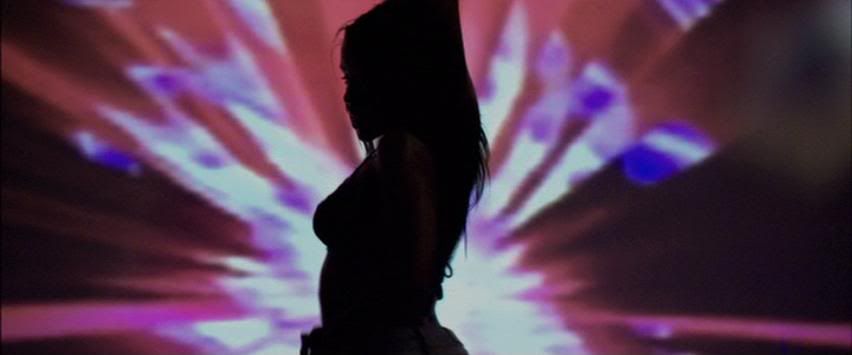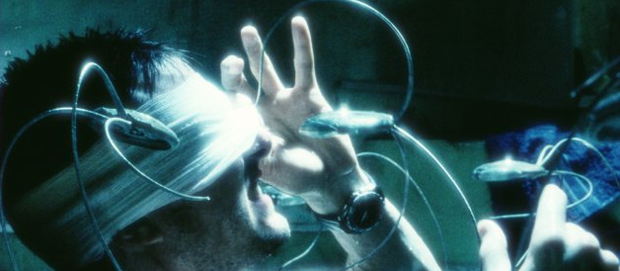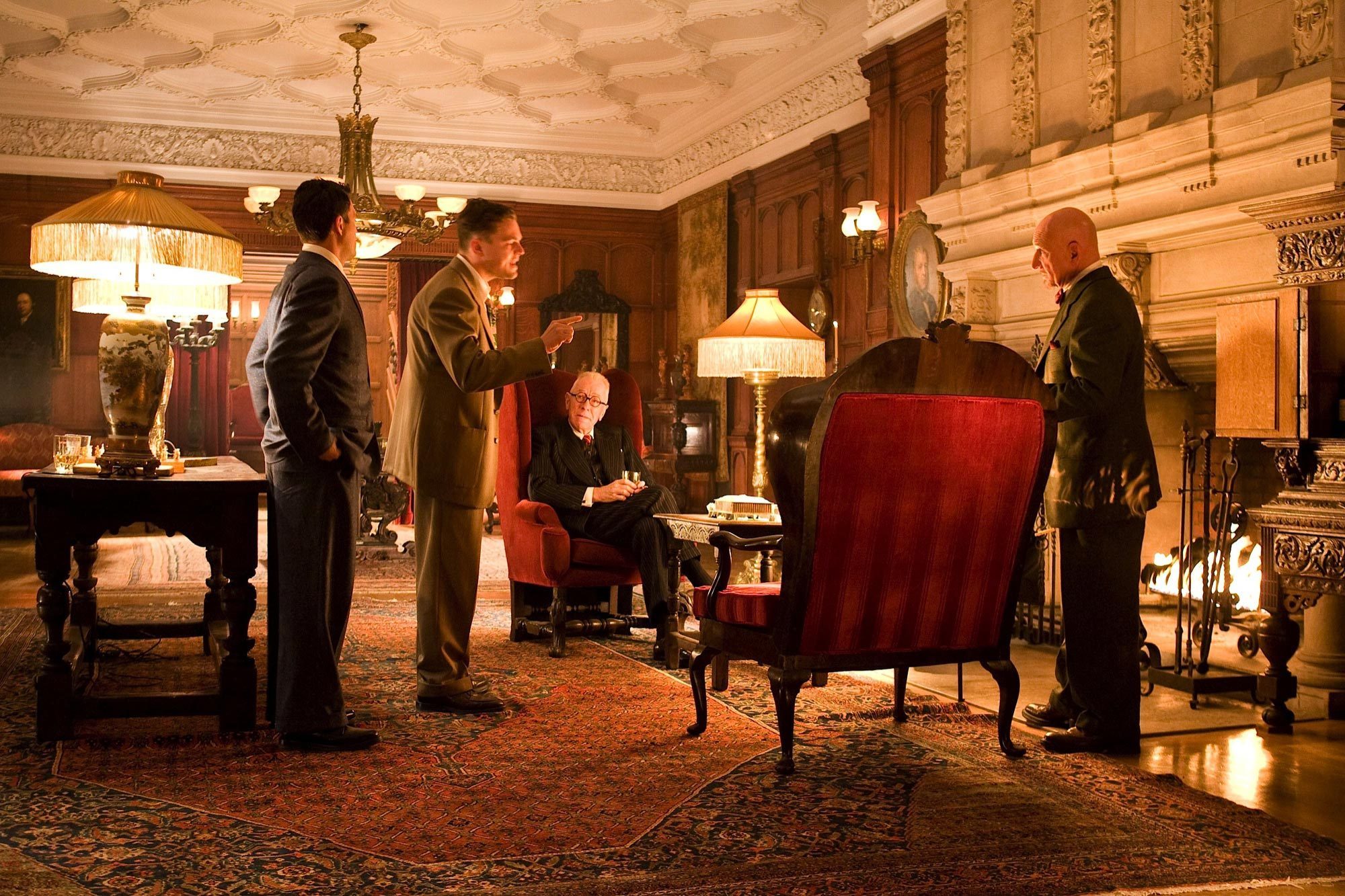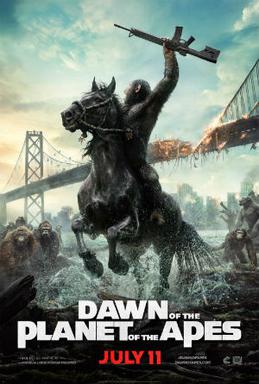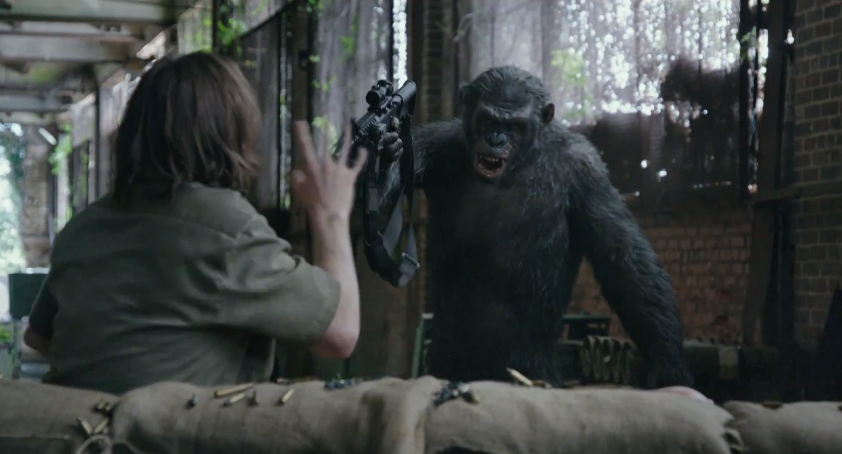It was an exciting day for James Bond fans as the title,
cast, and synopsis for the 24th Bond film was announced. The title will
be Spectre, which I found the
most exciting piece of info gained from the announcements. Calling the new film Spectre is the
Bond movie equivalent of the next Captain America film being labelled Civil War.
Even without seeing a trailer, fans know to be excited.
For those not acquainted with the Bond mythos, SPECTRE (SPecial Executive for Counter-intelligence, Terrorism, Revenge and Extortion) was the shadowy terrorist organization that was a consistent presence in the early Sean Connery Bond films (and On Her Majesty’s Secret Service with one-timer George Lazenby). But the Bond films were not able to use SPECTRE and its bald leader Ernst Stavro Blofeld (the inspiration for Dr. Evil in the Austin Powers movies) for several decades. This was due to producer/director Kevin McClory (who died in 2006) and his estate owning the film rights to the organization and character of Blofeld. In the late 1950s McClory worked with Fleming on a screenplay for a James Bond film. This was several years before the first James Bond film- Dr. No- in 1962. When that project fell through Fleming turned the screenplay in to the novel Thunderball. McClory was not credited. This is what led to the legal troubles. In November of last year MGM and McClory’s estate came to an agreement and now the Bond films are free to use SPECTRE and Blofeld.
Here is the official synopsis for the film: A cryptic message from Bond’s past sends him on
a trail to uncover a sinister organisation. While M battles political forces to
keep the secret service alive, Bond peels back the layers of deceit to reveal
the terrible truth behind SPECTRE.
The big question I have is what does this mean for Quantum,
the organization that was behind the scenes in Casino Royale (the first Daniel
Craig Bond film) and was the focus of its sequel, Quantum of Solace? I’ve
theorized for several years that Quantum was this continuity’s version of SPECTRE.
But if Spectre refers to the literal organization from the original films does
that mean Quantum is just an offshoot of SPECTRE? I think there’s a good
chance that’s the direction the film (and series) is headed. I know Quantum of Solace is not
one of the most beloved Bond films but I don’t think the film can be ignored,
particularly when its events are so closely linked with that of Casino Royale,
a film most fans want to keep canon. And if Quantum is just one arm of SPECTRE,
then it makes the loose ends regarding Quantum at the end of Quantum of Solace
work a little bit better. Quantum isn't the big picture like we thought. There’s
something- and someone- even bigger behind them.

Another question on people’s minds- is Christoph Waltz
playing Blofeld? The Oscar winning actor was rumoured to be playing a
villainous role in the film and this it was confirmed today. The character he will be playing is named Oberhauser. It’s been
pointed out that Oberhauser was the name of a character from the literary James
Bond. Hans Oberhauser was Bond’s ski instructor and surrogate father after the
death of his parents. Waltz is reportedly playing Franz Oberhauser, Hans' son, which would give the
battle between Bond and Waltz’s character a more personal edge. Though many
believe Oberhauser will just be a cover name for Waltz’s character- and he’ll
eventually be revealed as Blofeld.
We’ve been through this song and dance several times with
Hollywood blockbusters, most notoriously with Star Trek Into Darkness.
Benedict Cumberbatch was said to be playing a villain named “John Harrison.” This character was in
fact Khan Noonien Singh, arguably the most iconic Star Trek villain. Marion Cotillard was supposedly playing “Miranda Tate” in Christopher Nolan’s final
Batman film, The Dark Knight Rises. Miranda was Talia Al Ghul, the daughter of Ra's Al Ghul, in disguise. This sort of misdirection usually backfires
because audiences- and fans- are so speculative. Also the internet makes it easier to discover
spoilers.
Some are speculating that Waltz is just a red herring and fellow new
cast member Andrew Scott (James Moriarty from BBC’s Sherlock), whose character is an MI6 agent named Denbigh, may be playing Blofeld. Though with all
this speculation, maybe Blofeld won’t be in the movie at all. Maybe he’ll just be a
spectre, a presence that will be
teased for the next film, like the Joker in Batman
Begins. What I love about the film’s ending is we
only seeing the Joker's calling card, which is more exciting then actually seeing him.
Most of the new cast members were rumours waiting to be
confirmed. Waltz and Scott I already mentioned. Professional wrestler Dave Bautista
playing a henchman named Mr. Hinx. Bautista was a standout in this year’s
Guardians of the Galaxy. He has natural charisma so I hope this role doesn't waste him. Lea Seydoux, who played a femme fatale role in the last
Mission Impossible, will be playing the new Bond woman Madeline Swan. Seydoux
is one of those actresses who epitomizes the glamour and exoticness of the Bond
woman. I think she’ll be great. I believe Monica Bellucci will be playing the
secondary Bond woman, named Lucia Sciarra. Bellucci just turned 50 in
September, making her the oldest actress to play a Bond woman, which I think is
awesome.
Craig returns for his fourth appearance as the iconic secret
agent. Ralph Fiennes will be playing Bond's superior, M. This will be the first Bond film in 10 years not to feature Judi Dench
as M. M. Dench’s M died at the end of the previous film, Skyfall,
being replaced by Fiennes’ Gareth Mallory. Ben Whishaw
as Q, Naomie Harris as Eve Moneypenny, and Rory Kinnear as Bill Tanner also
reprise their roles.
Skyfall director Sam Mendes
returns to the director’s chair. Skyfall-
while not my absolute favourite Bond film- is probably the best directed film
in the franchise so I have no problem with Mendes directing another Bond film.
Legendary cinematographer Roger Deakins, who shot Skyfall and provided gorgeous imagery for the film, won’t be
returning. Hoyte van Hoytema will be the cinematographer for Spectre. Hoytema has shot Spike Jonze’s Her, Tinker
Tailor Soldier Spy, David O. Russell’s The
Fighter, Let the Right One In and
Christopher Nolan’s latest, Interstellar.
Judging by his previous work, I’m confident his work on this film will be stellar.
Thomas Newman wrote the score for Skyfall and he’ll return to score this film. There’s no
confirmation on who will sing the theme song, though rumours say it’s going to
be Sam Smith. John Logan and long time Bond screenwriters Neal Purvis and
Robert Wade wrote the screenplay. Logan also wrote Skyfall with Purvis and Wade.
Spectre will begin
shooting next week and will be released on November 6, 2015. As always, James
Bond has returned.
PS. The teaser poster for the film is an homage to the
classic Spectre logo:



